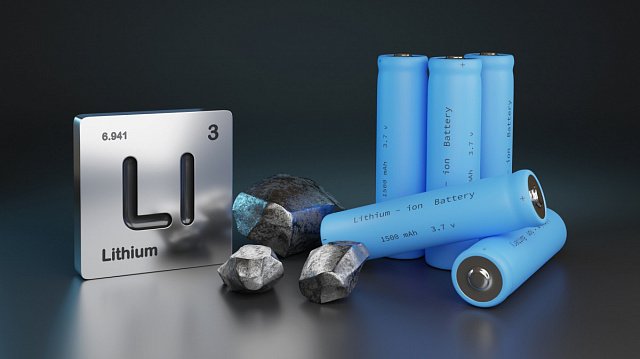
Chinese researchers have developed a self-adaptive interphase that maintains close contact between the lithium metal anode and the solid electrolyte without the need for external pressure, a solution to one of the most persistent challenges limiting the technology’s commercial viability, according to
Xinhua News Agency, a partner of TV BRICS.
The research team discovered that tiny pores and cracks often form between the lithium electrode and sulfide solid electrolyte, weakening performance and creating safety risks. To overcome this, they introduced iodide ions into the electrolyte.
During operation, the ions migrate to the interface, forming an iodine-rich layer that actively attracts lithium ions and fills micro-gaps, effectively creating a self-healing contact surface.
According to Professor Huang Xuejie, one of the study’s corresponding authors, the technology could lead to batteries with energy densities exceeding 500 Wh/kg, potentially doubling the lifespan of many electronic devices.
Experts say the development marks a decisive step towards the practical application of solid-state batteries, paving the way for safer, lighter and more efficient power sources for electric vehicles, robots, and electric aircraft.
Photo: jroballo /
iStock
Самые
актуальные новости стран БРИКС https://tvbrics.com

